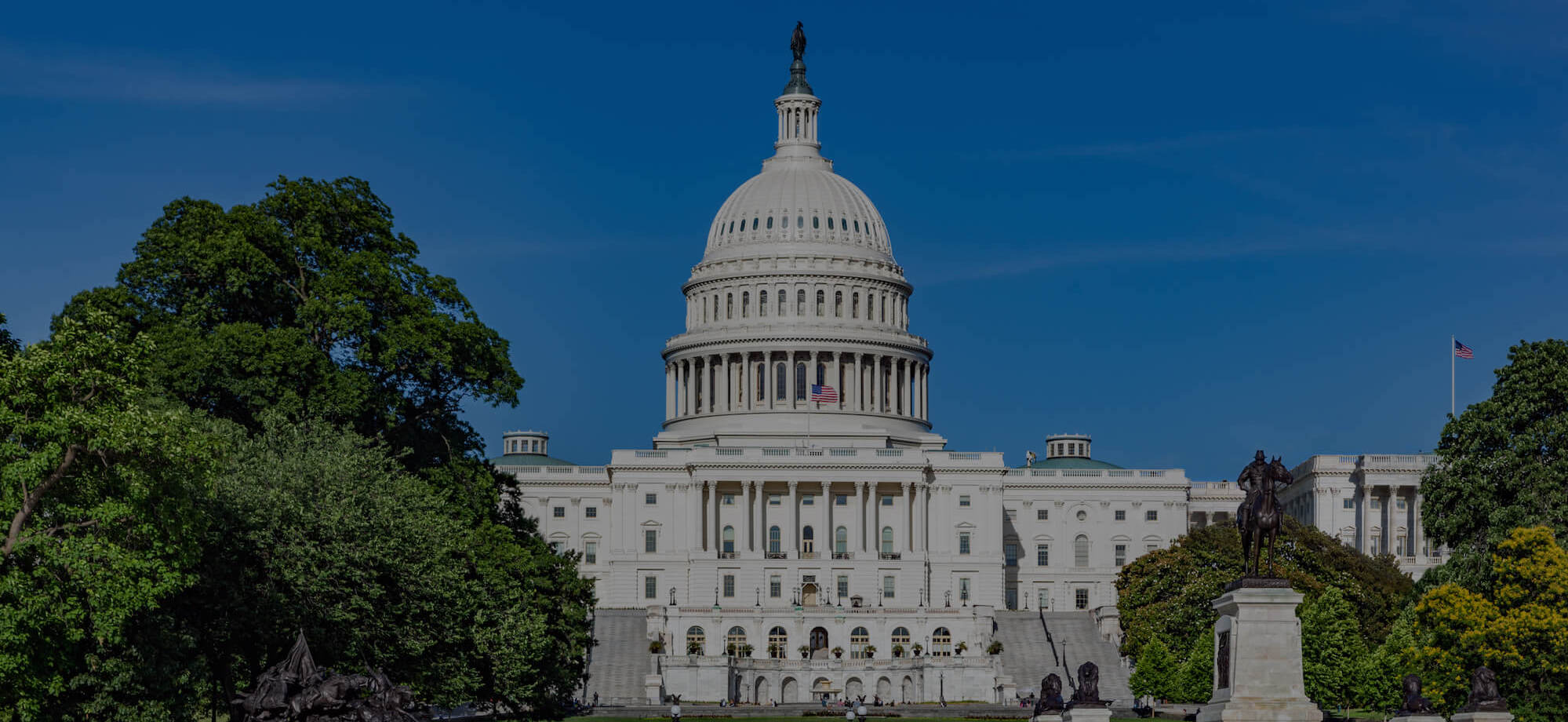During the last stretch of 2020, the United States’ House of Representatives and the Senate passed new legislation aimed at limiting the use of shell companies by financial criminals for money laundering and terrorism financing purposes.
The Anti-Money Laundering Act of 2020 (“AMLA”), which also includes the Corporate Transparency Act (“CTA”), expands the existing Bank Secrecy Act (“BSA”) to strengthen the United States’ financial crime monitoring apparatus.
Arguably the most significant provision in the AMLA is the creation of a non-public, secure central registry by the Financial Crimes Enforcement Network (“FinCEN”) to track the beneficial ownership of business entities registered in the United States. This UBO information will be made available to state law enforcement authorities and to “a Federal agency engaged in national security, intelligence, or law enforcement activity”.
The new rules will require a “reporting company” – whether an existing entity or a newly formed one – to keep the names and identifying information of all beneficial owners up-to-date. Non-compliance with the requirement will be punishable with substantial financial and criminal penalties.
Once FinCEN adopts regulations under AMLA/CTA, new entities must submit their UBO information upon formation, while existing businesses will have up to two years to file beneficial ownership reports. After the new legislation comes into force, if the beneficial ownership changes, the reporting company will have to update its filings with FinCEN within one year.
Interestingly, the new legislation also updates and broadens the definition of “beneficial ownership”, referring to “an individual, who, directly or indirectly, through any contract, arrangement, understanding, relationship, or otherwise (i) exercises substantial control over the entity; or (ii) owns or controls not less than 25 percent of the ownership interests of the entity.”
According to lawyers from Jenner & Block, a few loopholes remain even under the new rules. However, the AMLA/CTA “enhances the government’s ability to detect and deter the use of shell companies to commit crime”, and as such should be regarded as an important step towards greater transparency within the U.S. financial system.
Keep up to date with all the latest news from the world of AML & KYC compliance.
Last updated on March 21st, 2024 at 01:31 pm


